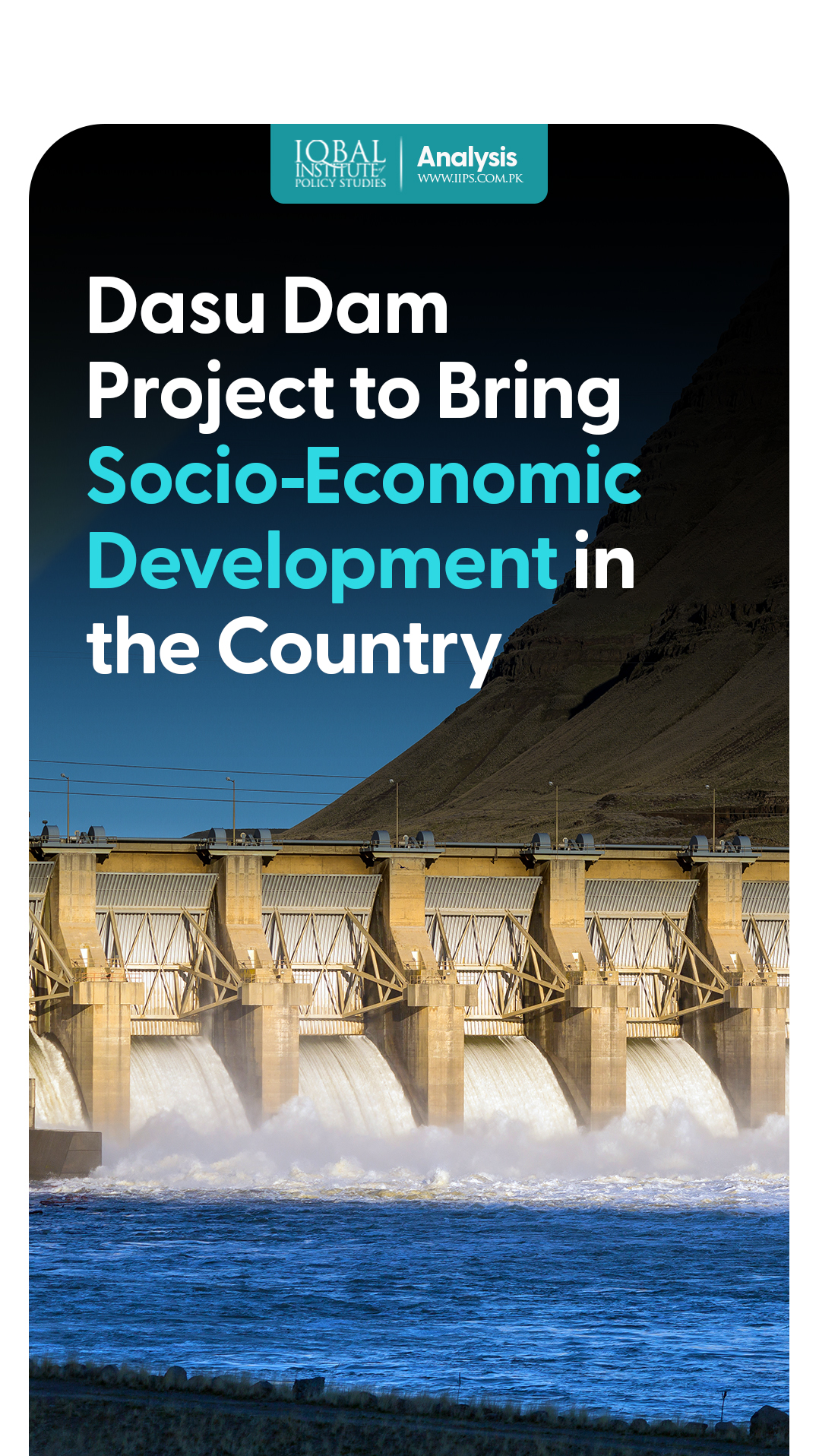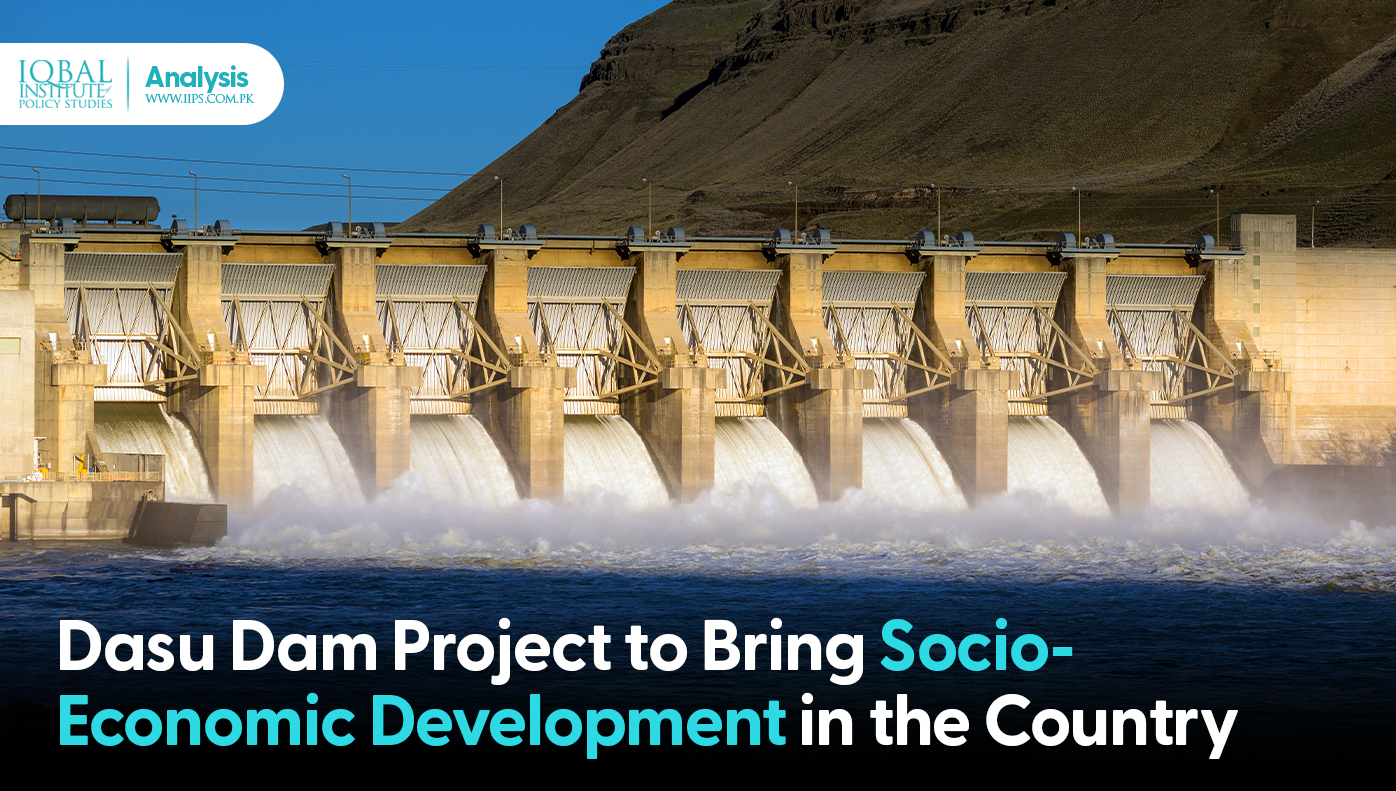Dasu dam hydropower project includes the construction of a 4,320MW hydropower plant on the Indus River near Dasu town in Kohistan District of Khyber Pakhtunkhwa (KPK) province. The dam is part of the hydropower development projects included in the Vision 2025 Program. The project comprises 12 hydropower units of 360 MegaWatts each, of which six will be included in the first phase and six in the second. The construction work of the dam began in mid-2017 and will be completed in two phases. After completion, phase one will generate an annual output capacity of 12,300GWh, while phase two will increase to 21,700GWh.
The Dasu Hydropower Project is essential for helping the people of Pakistan to reduce their carbon footprint and make electricity power generation more sustainable. It will benefit millions of energy users, including industry, households and farmers, by providing more electricity at a lower cost. The project would provide more electricity during the summer when capacity shortages are most severe. Non-users would benefit indirectly because of higher productivity and employment, particularly in the industrial sector. The project will provide around 3300 jobs, including 1808 for locals, which have already been provided during the project’s construction phase.
Energy is a basic need for a society’s socio-economic progress. Energy demand in Pakistan is increasing with the rapidly growing population and industrialisation. Currently, Pakistan is facing an energy crisis, as some 51 million people lack access to electricity, and about 90 million suffer from the unreliable power supply and load shedding daily. However, following the ongoing energy crisis, the current government is increasing the share of renewable energy resources for power generation. In this context, the Dasu Dam is considered a vital hydropower project that will bring socio-economic development to the country and stabilise Pakistan’s economy by providing low-cost hydel electricity to the masses.



Leave a Reply